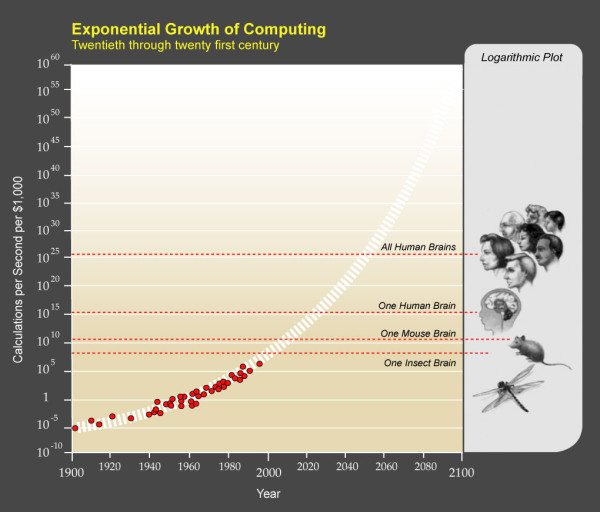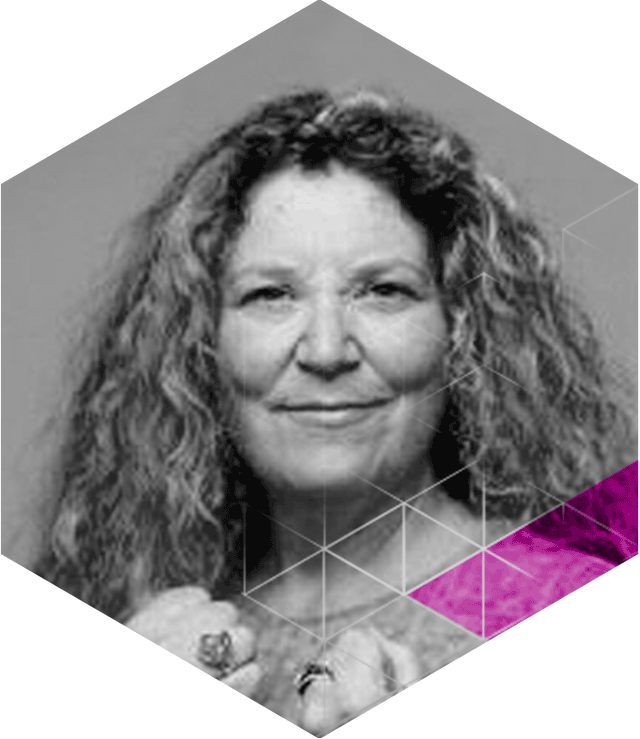Why We Are Investigating the Democratization of AI via Blockchain
Thoughtworks Arts has published an open call for artists to investigate the monopolization and centralization of artificial intelligence by a small number of corporate giants and state actors.

A key theme in the open call is for an artist to explore how this control of AI could impact society, and the potential impacts of alternative and open approaches.
One such alternative to concentrated control is decentralized community ownership of AI using blockchain technology. Therefore this residency, created in partnership with Snark.art, takes the compelling SingularityNET project as its starting point.
SingularityNET was founded by Dr Ben Goertzel, also the Chief Scientist at Hanson Robotics who, with David Hanson have created the robots Sophia and Little Sophia.
The Intelligence Commons - A Possible Alternative
Artificial Intelligence is already deployed at scale, making automated decisions impacting human lives, often for commercial gain — a dynamic set to become increasingly widespread. Closed source and proprietary AI systems can run counter to democratic values, in that the mechanics and rationale behind decisions can be shielded from public critique.
The corporations currently centralizing AI development have a distinct and growing advantage over open source developers, having the scale to connect AIs and the commercial infrastructure to monetize it. Independent, open source and community-owned AI developers cannot yet access this scale of resources, as they are not exposed to the same incentives.
Successful developers of open source projects are showered with huge incentives to take their research to corporations, either via the sale of their companies or by becoming employees directly. This reward structure thereby locks new developments into closed and proprietary systems, reinforcing the centralization of control.
Dr Goertzel cautions that without successful open alternatives, this advantage will likely lead to a total monopolization of AI, possibly within as few as five to seven years — a bleak prospect to consider.
The SingularityNET project offers a viable alternative for independent developers. It acts as a marketplace for AI systems to be published and monetized, with blockchain enforcing contractual obligations around usage.
Crucially, the project also deploys a common interoperability layer, allowing the interconnection of multiple “narrow” AIs into a broader community-owned intelligence, thereby competing with corporations for scale of deployment.
As Dr Goertzel’s whitepaper explains:
“For example, if a text-to-speech AI and an Italian-to-English translation AI were both on the network, then the network as a whole would be capable of using Italian text to produce English speech. Within this framework, AI transforms from a corporate asset to a global commons; anyone can access AI tech or become a stakeholder in its development. Also, anyone can add an AI/machine learning service to SingularityNET for use by the network and receive network payment tokens in exchange.”
By developing the interlinks between these components within a global commons, SingularityNET aims to pave the way forward for open source oversight of a general AI. The need for this becomes all the more pressing when we consider the moment on the horizon when AI becomes more sophisticated than human intelligence.
Looking Into the Singularity
Whether in public using open source environments or behind closed corporate doors, the integration of “narrow” AIs paves the way toward the creation and building of larger “general” AIs.
As researchers like Ray Kurzweil have warned, this path leads towards the technological singularity, beyond which humans will struggle to keep up with the exponentially-advancing capabilities of AI.

Therefore the societal developments underpinning the development of AI today stand to have huge potential impacts on both general AIs, and the nature of AI post-singularity. Will AI be benevolent or harmful? Will it be controlled? Will it be accessible?
The position of the SingularityNET Foundation is that “the benefits of AI should not accrue only to a small set of powerful institutions, but rather should be shared by all.” With that view in mind, SingularityNET are incentivizing “beneficial” AI, a complex topic to consider. How can “beneficial” be defined, in practical terms? Who gets to decide what is beneficial, and how can these decisions be challenged or questioned?
The role of the artist
Though the open call uses SingularityNET as a starting point, we are not necessarily seeking a project which operates on that platform. Instead, we are leaving it open to artists to surprise us with proposals that address the many and varied themes around the ownership of AI, using the tension between monopolization and democratization as a point of departure.
This is clearly an international issue and our call is extended to the broader global community in order to solicit diverse perspectives. Applications are due by the deadline of May 23, 2019.
Keep on top of Thoughtworks Arts updates and articles:


